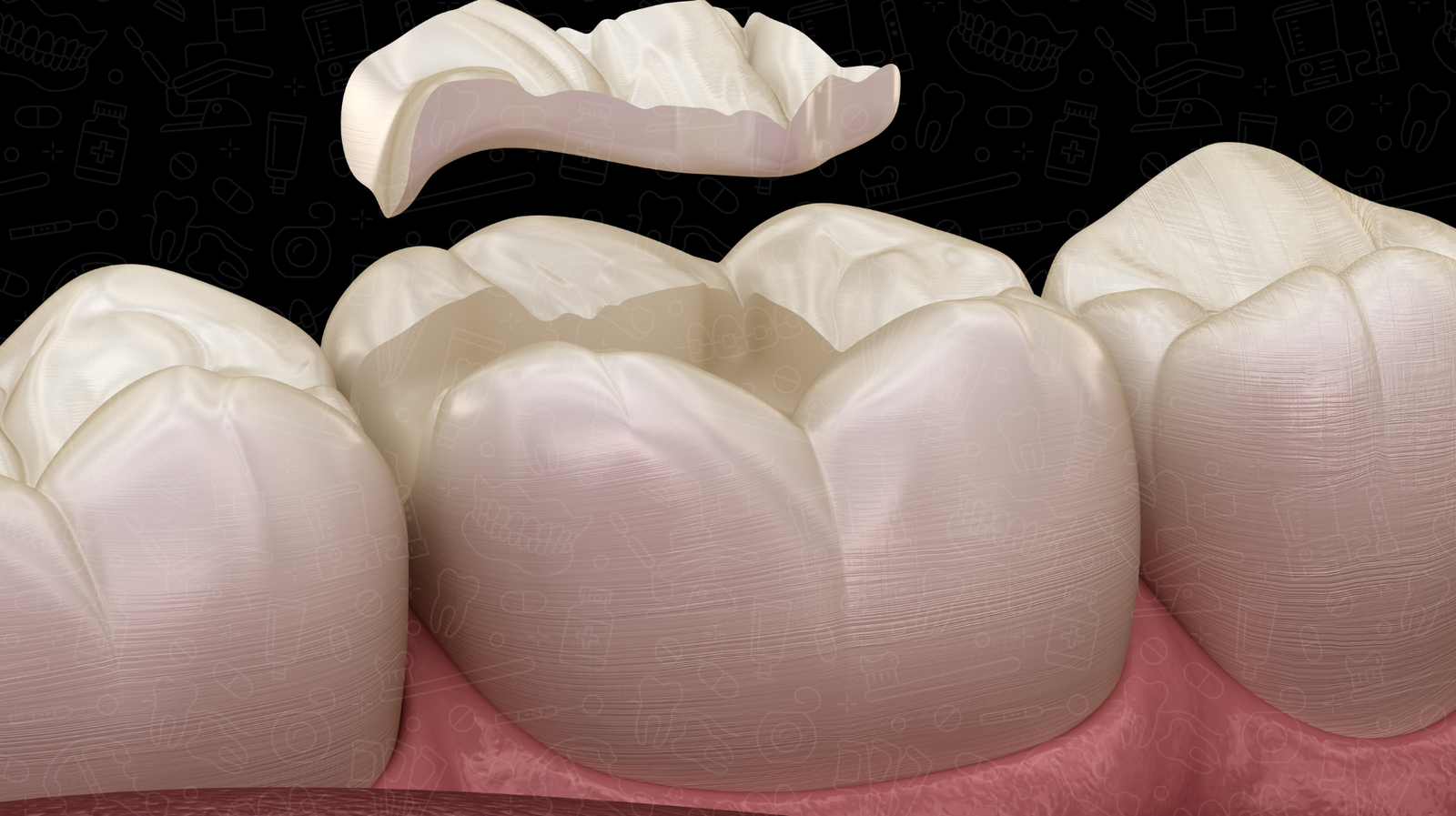Toothache Relief Found

The excruciating pain of a toothache can be debilitating, disrupting daily life and causing significant distress. Toothaches can arise from various factors, including tooth decay, gum disease, cracked teeth, or even a simple cavity. Regardless of the cause, the primary concern is finding effective relief from the pain. Fortunately, there are numerous strategies and treatments available to alleviate toothache discomfort, ranging from home remedies to professional dental interventions.
Understanding Toothaches
Before diving into relief methods, it’s essential to grasp the basics of toothaches. A toothache occurs when the pulp of the tooth, which contains nerves and blood vessels, becomes inflamed or irritated. This inflammation can result from bacterial invasion, trauma to the tooth, or other dental conditions. The pain associated with a toothache can vary in intensity and character, sometimes presenting as a sharp, stabbing sensation or a dull, persistent ache.
Home Remedies for Toothache Relief
Several home remedies offer temporary relief from toothache pain. While these methods do not address the underlying cause of the toothache, they can help manage pain until professional dental care can be obtained.
- Salt Water Rinse: Rinsing the mouth with warm salt water several times a day can help reduce swelling and ease pain. Mix 1⁄2 teaspoon of salt with 8 ounces of warm water and swish it around in the mouth before spitting it out.
- Cold Compress: Applying a cold compress or an ice pack wrapped in a cloth to the outside of the cheek near the aching tooth can help numb the area and reduce pain.
- Clove Oil: Clove oil contains eugenol, a natural pain reliever. Applying a few drops of clove oil to a cotton ball and placing it near the aching tooth can help alleviate pain. However, caution is advised to avoid applying too much oil, as it can cause burning.
- Over-the-Counter Pain Relievers: Over-the-counter pain medications such as ibuprofen (Advil, Motrin) or acetaminophen (Tylenol) can help manage toothache pain. However, it’s crucial to follow the package instructions for proper dosage and avoid exceeded recommended limits.
Professional Dental Care
While home remedies can provide temporary relief, they do not treat the underlying cause of the toothache. Professional dental care is essential for diagnosing the problem and administering appropriate treatment.
- Dental Exam: A comprehensive dental examination is necessary to identify the cause of the toothache. The dentist will examine the teeth, gums, and other oral tissues to determine the source of the pain.
- Fillings or Crowns: If the toothache is caused by a cavity, the dentist may perform a filling or install a crown to protect the tooth from further decay.
- Root Canal Therapy: In cases where the pulp of the tooth is infected, a root canal may be necessary. This involves removing the infected pulp, cleaning the tooth, and filling it with a special material.
- Tooth Extraction: If the tooth is severely damaged and cannot be saved, extraction may be the only option.
Preventing Toothaches
Prevention is key to avoiding toothaches. Regular dental hygiene practices, including brushing teeth at least twice a day and flossing once a day, can significantly reduce the risk of tooth decay and gum disease. Additionally, regular dental check-ups can help identify and treat potential issues before they become major problems.
Advanced Technologies in Dentistry
The field of dentistry is continually evolving, with advancements in technology providing new avenues for toothache relief and treatment. Laser dentistry, for example, offers a minimally invasive approach for treating various dental conditions, including cavities and gum disease. Furthermore, digital dentistry enables precise diagnoses and treatments, improving patient outcomes.
Conclusion
Toothache relief is within reach, whether through home remedies, professional dental interventions, or a combination of both. Understanding the causes of toothaches and taking proactive steps towards prevention can significantly reduce the likelihood of experiencing toothache pain. By leveraging the latest advancements in dental care and maintaining good oral hygiene, individuals can ensure a healthier, pain-free smile.
What are the common causes of a toothache?
+Toothaches can be caused by a variety of factors, including tooth decay, gum disease, cracked teeth, and even a simple cavity. Understanding the cause is crucial for effective treatment.
How can I manage toothache pain at home?
+Home remedies such as salt water rinses, cold compresses, clove oil, and over-the-counter pain relievers can provide temporary relief from toothache pain. However, it’s essential to seek professional dental care for a proper diagnosis and treatment.
Why is regular dental care important for preventing toothaches?
+Regular dental check-ups and good oral hygiene practices can help identify potential issues before they become major problems, significantly reducing the risk of toothaches. Prevention is key to maintaining good oral health.


